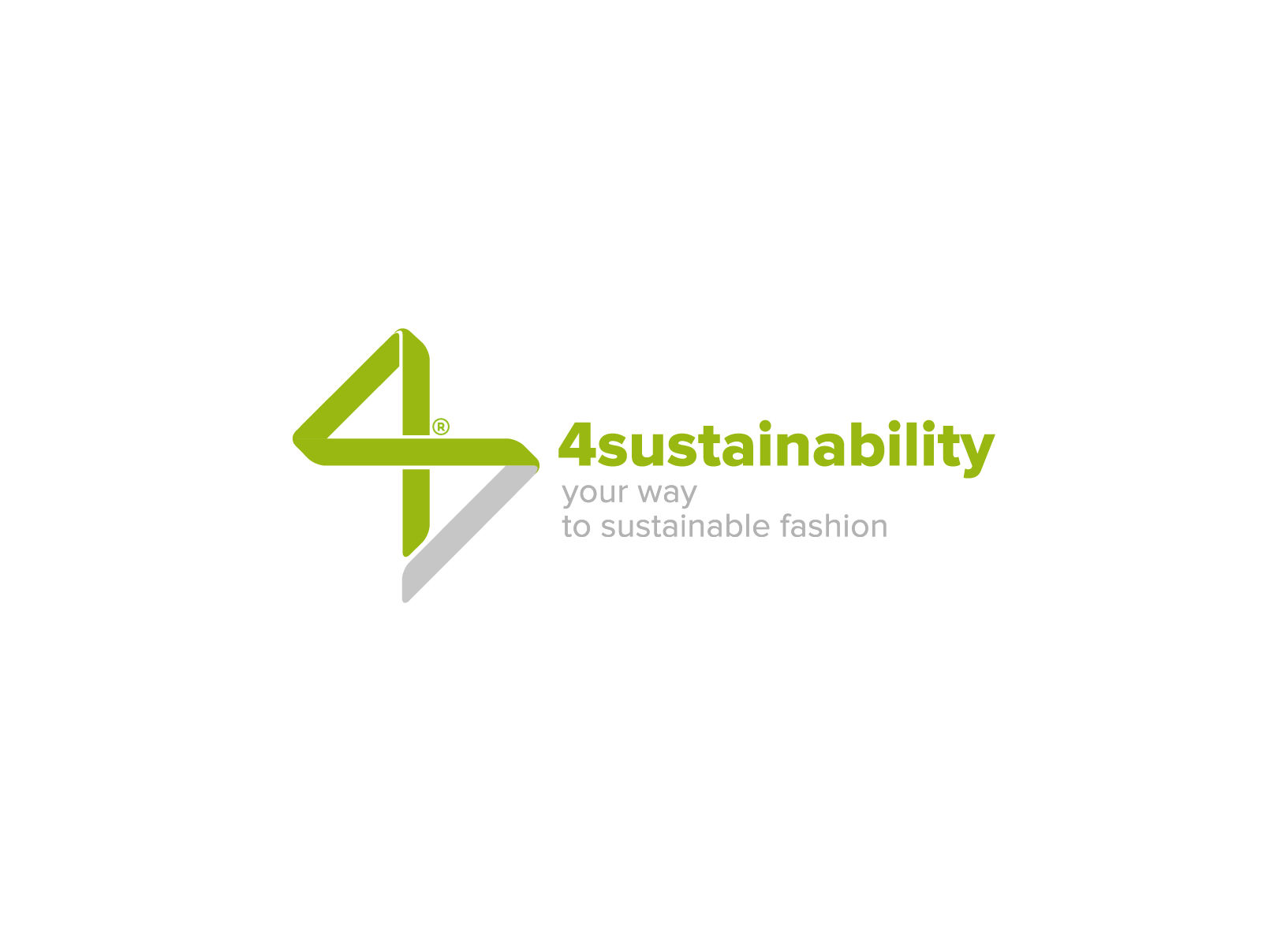The Corporate Sustainability Due Diligence Directive (CSDD), the aimed at preventing and mitigating corporate impacts along the supply chain, takes another important step forward with the European Parliament voting in favor on June 1. The Directive, presented by the European Commission on February 23, introduces the concept of corporate responsibility for sustainability and human rights and environmental violations along the supply chain.
Companies with more than 250 employees and a turnover of more than 40 million euros in Europe and 150 million euros worldwide are affected, and are called upon to prevent, identify and mitigate negative impacts on the value chain of their activities, with particular reference, precisely, to human.
Aspects to be monitored
The Parliament has outlined the aspects that companies will need to closely monitor, including climate change, biodiversity loss, air, water, and soil pollution, degradation of terrestrial, marine, and freshwater ecosystems, deforestation, excessive consumption of water, energy, and natural resources in general, as well as inadequate waste generation and management, including hazardous substances.
Regarding climate change specifically, the directive requires companies to adopt commitments and transition plans consistent with the goal set forth in the Paris Agreement, which aims to keep the temperature increase below 1.5 degrees Celsius.
The CSDD directive was passed with 366 votes in favor and 225 against. An amendment was made to Article 26 concerning the obligation and responsibility of boards to establish and oversee plans for implementing actions necessary to comply with regulatory obligations. The article that states executives of companies with more than 1,000 employees are responsible for Due Diligence audits and that a portion of their variable compensation is tied to the company’s climate transition plans was on the other hand confirmed.



Next steps
Discussions with member States will be held in the coming months to reach agreement on the final text of the CSDD directive. This phase involves the EU institutions achieving a common position before the next European elections scheduled for June 6-9, 2024. Once agreement is reached, it will be up to the member States to introduce the new rules into their national laws.
One of the most heated points of discussion concerns the inclusion of financial institutions in the scope of the new legislation. According to the draft approved by MEPs, Due Diligence rules should also apply to the financial sector, particularly asset managers and institutional investors, while pension funds, alternative investment funds, market participants and credit rating agencies would be excluded. However, this compromise solution does not satisfy some NGOs, as liability would be limited only to direct clients. In contrast, the agreement reached by European ministers at the urging of France in particular had excluded financial institutions, leaving them free to opt in or out of Due Diligence.
Another critical point of the CSDD concerns the legal responsibility of top management. Member states will have to define a supervisory authority responsible for monitoring compliance and enforcing penalties for violations. Penalties include fines of at least 5 percent of the offending company’s global net turnover, publication of the names of violators, withdrawal of company products from the market, and exclusion from EU public procurement. The burden of proof of damages will be on the plaintiff.
The key-role of the supply chain
Francesca Rulli identifies the approval of CSDD as a confirmation of the principles that have always characterized the 4sustainability framework and Process Factory’s approach to consulting. “The key to converting production from conventional to sustainable,” she stresses, “is in the processes and therefore in the production chain. The recent vote of the European Parliament consolidates a now clear approach of legislative bodies, which establish the need for companies to direct their strategic and operational choices to transparency and impact measurement. We have adopted these same logics well in advance of current trends–a time that has enabled us to structure solutions to support the supply chain based, in addition to consulting and training activities, on a digital platform for collecting and sharing performance data (Ympact). And data, it is clear, is what makes possible the measurement of impacts and supply chain transparency evoked by the CSDD.”
The issues on the legislature’s table are none other than the 4sustainability pillars: waste management, air emissions, chemical use, water and energy consumption… Companies that activate the framework’s initiatives engage with these goals, using the Ympact platform to record information, demonstrate progress, and connect to other players in the system.
An important note on the concept of data. “Primary data matters,” Francesca Rulli points out. “Not generic statements based on assumptions and/or simulations, but real data guaranteed by structured methodologies and technologies.”










